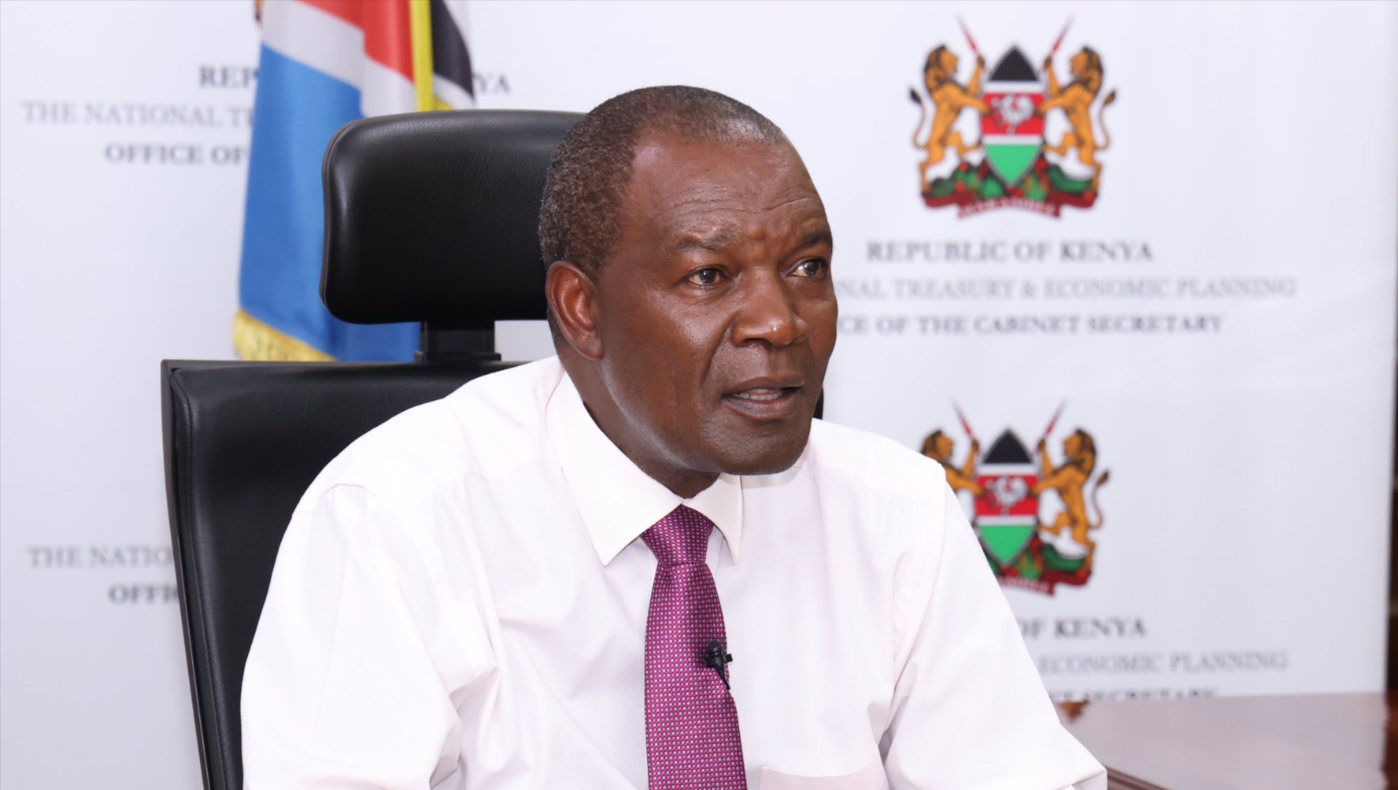In a concerted effort to fortify Kenya’s fiscal landscape, the National Treasury, Kenya Revenue Authority (KRA), development partners, and bilateral organizations are collaboratively engaged in the formulation of a comprehensive revenue strategy. The principal aim of this strategy is to bolster the mobilization of domestic revenue over the medium term.
This ambitious strategy aims to address critical facets of revenue generation, including enhancing the efficiency of tax law administration, devising tax rates that promote compliance, and broadening the tax base. The ultimate objective is to establish a more resilient and sustainable fiscal environment that underpins Kenya’s economic development.
Prof. Njuguna Ndungu, the Cabinet Secretary of the National Treasury and Economic Planning, emphasized the significance of this revenue strategy. It is expected to enhance the policy aspect of the fiscal consolidation process, with a specific target of achieving the East African Community convergence criteria of a fiscal deficit of 3 percent of the Gross Domestic Product (GDP).
Prof. Ndungu stressed that mobilizing domestic resources remains a critical source of financing for global development. To harness this potential, the development of a robust framework to guide tax reforms is imperative to enhance resource mobilization.
The importance of this strategy was also underscored by President William Ruto during the Kenya Revenue Authority Taxpayers’ Day in Mombasa. President Ruto expressed his commitment to transforming the Kenya Revenue Authority into a service-oriented organization with a primary emphasis on encouraging voluntary tax compliance.
President Ruto made it unequivocal that KRA would no longer be perceived as an intimidating entity that instills fear in taxpayers in the pursuit of revenue collection. Instead, his vision for KRA is to cultivate an environment that fosters tax compliance while also nurturing entrepreneurship.
This commitment aligns seamlessly with the Kenyan government’s dedication to destigmatizing entrepreneurship and fostering a pro-business atmosphere that ultimately broadens the tax base. To promote transparency and accountability in resource utilization, the government will provide a comprehensive account of how these resources have been employed. The President asserted a zero-tolerance policy toward corruption and waste.
The President also seized the opportunity to call upon unregistered Kenyan individuals and businesses to register with KRA and contribute to the nation’s development agenda. Expanding the tax base by incorporating more individuals and businesses into the formal tax system is a fundamental element of improving revenue mobilization.
Kenya Revenue Authority has set ambitious revenue collection targets, with the goal of collecting KES 2.8 trillion by the end of the Financial Year 2023/2024. Moreover, they aim to surpass the Ksh 3.0 trillion milestone by the Financial Year 2024/2025. These objectives underscore the commitment to reinforce Kenya’s fiscal position and provide the requisite resources for development.
During the period from July to September 2023, KRA managed to collect KES 586.9 billion, marking a significant increase compared to the KES 541.6 billion collected during the corresponding period in the preceding year. This upsurge in collection is attributed to the implementation of the tax amnesty program, which has incentivized compliance and resulted in the collection of KES 3.4 billion since its introduction on September 1, 2023.
Kenya’s comprehensive revenue strategy, supported by the government’s dedication and the Kenya Revenue Authority’s commitment, exemplifies a resolute effort to enhance domestic revenue mobilization. This approach is not only pivotal for the nation’s financial stability but also for propelling economic development and fostering a more business-friendly milieu. As Kenya proceeds along this trajectory, it is well-positioned to attain its fiscal and development objectives, setting a positive precedent for the broader East African region.


















